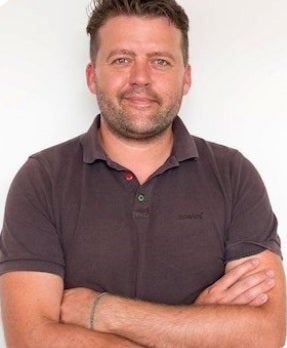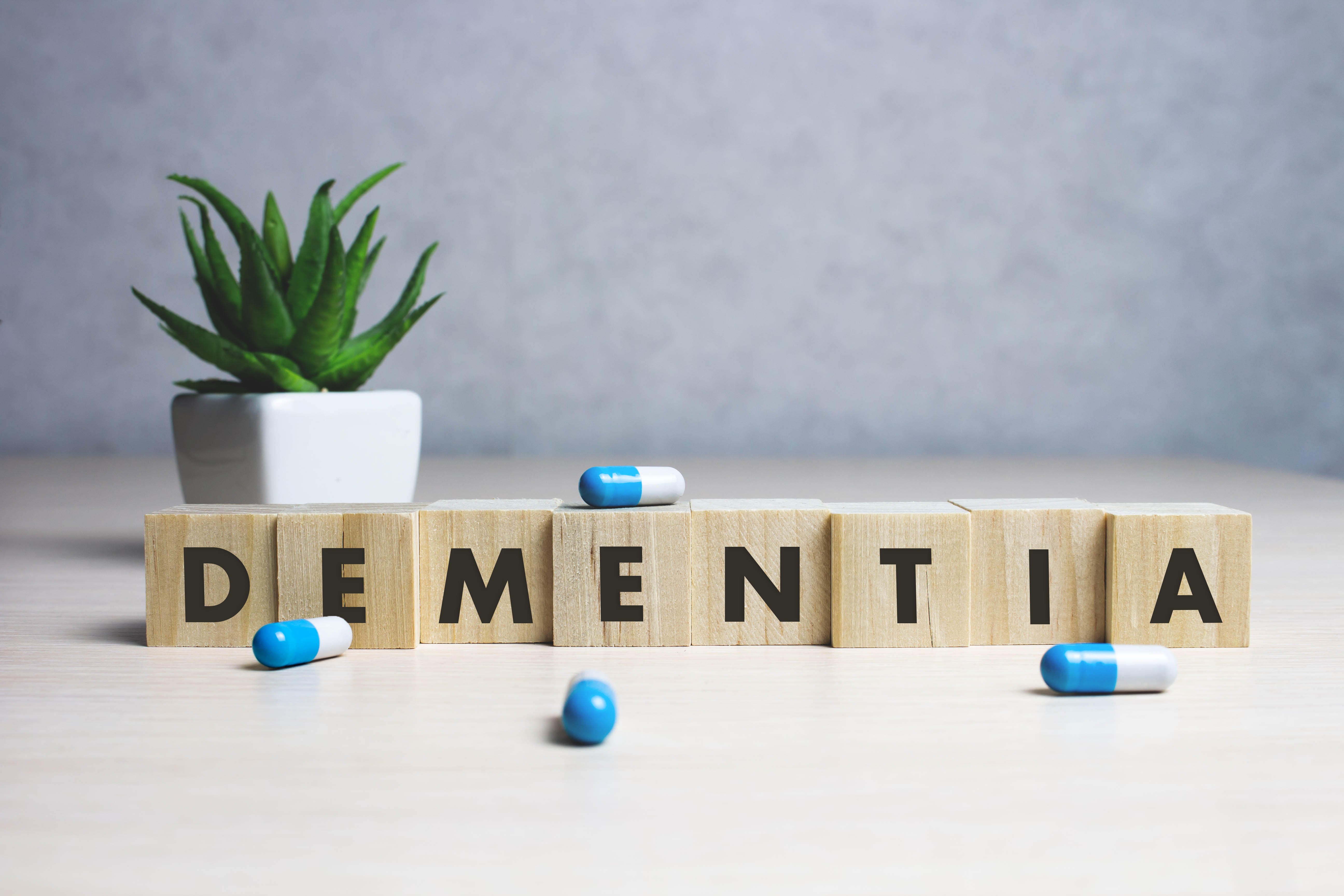
John Ramsay experienced the devastating impact of young-onset dementia firsthand, witnessing his father, David, battle the disease for a decade. David's diagnosis came when John was just 12, his father only 52.
The experience was particularly traumatic for John, having already seen his grandmother succumb to Alzheimer's, losing the ability to even recognize him.
He watched his father's condition deteriorate over the years, eventually becoming his carer before David's passing at 63. Now 41, John reflects on the profound impact of his father's illness and the challenges of navigating dementia's complexities at a young age.
“It was all quite traumatic I suppose. When my dad’s diagnosis was confirmed, it was really quite hard to take, because I knew a little bit about the journey that lay ahead for him and for us,” recollects Ramsay. “He was an orthodontic consultant at Guy’s and St Thomas’ in London and was at the top of his field. He went from reconstructing premature babies’ cleft palates to not being able to work or drive.
“It’s hard enough being a teenager with your hormones and being in the process of identifying who you are. I imagine a lot of people will lean on their dad as part of that process, so knowing he wouldn’t be there to lean on was hard.”
Motivated by his family’s journey with dementia, the former corporate lawyer became the managing director for Social-Ability, an organisation focused on improving the lives of people with dementia through joyful, interactive therapies.
Today, Ramsay is frequently contacted by families who feel lost after receiving a dementia diagnosis, so he has shared the following advice with us ahead of Dementia Action Week (May 19-25), to help others navigate this challenging period.

Acknowledge your feelings
“Understanding that it is really hard is a big thing to overcome,” says Ramsay. “Looking through hindsight, I got very, very stressed out by it and it affected who I was as a person at school. I was very highly strung.
“But it’s okay to feel sad and it’s okay to feel upset and it’s okay to feel angry that someone can’t remember your name. It’s just about finding the techniques and the support to navigate through that so you’re not actually affecting your relationship with them.”
Remember that people don’t change overnight

“Yes, people are diagnosed with dementia but there’s still a lot they can do,” says Ramsay. “As soon as you give someone a label we think that that person changes overnight, but they are still the person they were the day before.
“Being diagnosed with dementia is just an explanation as to why they might have certain behaviours or characteristics. So, it’s important to understand that there is still someone there that you can have a friendship and a relationship with.”
Find out what support is available in your community
“The most helpful thing you can do is to get that diagnosis and then work out what support is available in your local area and community,” says Ramsay. “When Dad was diagnosed, getting a little bit of a break really helped recharge our batteries. For example, he started going to church every day, or the neighbours took him out to play bridge or for a round of golf.”
Set out a plan
“You’ve got to try and plan the next few years with them and ask yourself, How would they like to live their life?,” recommends Ramsay. “How would you like to support them through that? What are you able to achieve financially with the support you have? And how can you allow it to be as good a dementia journey as possible?”
Seek out support groups

“There’s nothing quite like being able to talk to someone else who is going through the same thing, so you can kind of navigate it a bit together,” says Ramsay.
Find out what calms them in stressful moments

“Try and have a few go-to ideas for when they get distressed or upset or angry to try and de-escalate the situation,” recommends Ramsay. “For example, ask them questions about a story they enjoy talking about, or try to distract them in another way.
“My dad really liked these three episodes of Friends, so I sometimes used to put them on just also to give myself a break. He also liked listening to me play music so I used to play my piano for him a lot.”
Make the most of your time together
“Sparking memories and fun that you used to do when you were younger can help you engage that person,” says Ramsay. “There is still a person there, even though they are living with dementia, and it’s, more often than not, a very gradual decline so make the most of the time you’ve got today with them, because the future is quite tough.”







